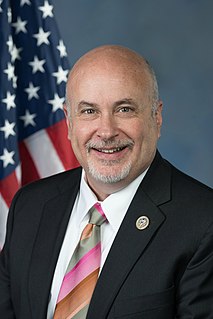A Quote by Rick Scott
Students can spend their money better than government can. It should not require a federal loan and decades of debt for students to get a college degree. Price limits access - plain and simple.
Related Quotes
The fact that you have government-guaranteed student loans has created a whole new sector in the American economy that didn't really exist before - private for-profit universities that sell junk degrees that don't help the students. They promise the students, "We'll help you get a better job. We'll arrange a loan so that you don't have to pay a penny for this education." Their pet bank gets them the government-guaranteed loan, and the student may get the junk degree, but doesn't get a job, so they don't pay the loan.
There are hundreds and thousands of young Americans who cannot or will not receive an education, because in order to get an education, you have to spend money. Students come out of college and universities with unbelievable debt. It's not right, it's not fair, and it's not just, in a society such as ours. And those dollars are not going to the teachers.
The obsessive focus on a college degree has served neither taxpayers nor students well. Only 35 percent of students starting a four-year degree program will graduate within four years, and less than 60 percent will graduate within six years. Students who haven't graduated within six years probably never will.
If you wanted to create jobs in a way that has minimal effect on the deficit but has government action, the two best things you could do are the infrastructure bank and a simple SBA-like loan guarantee for all building retrofits, where the contractor or the energy-service company guarantees the savings. So that allows the bank to loan money to let a school or a college or a hospital or a museum or a commercial building unencumbered by debt to loan it on terms that are longer, so you can pay it back only from your utility savings. You could create a million jobs doing that.
There's a true schizophrenia where if you say to voters, you know, do you think the federal government spends too much money and they should spend less, they say yeah, absolutely. Then you name specific things, like Pell grants for students and they say, no, not that. How 'bout NIH, medical research funding? Nah, you really shouldn't cut that. And pretty soon you've proved that what the American public is against is arithmetic.

































